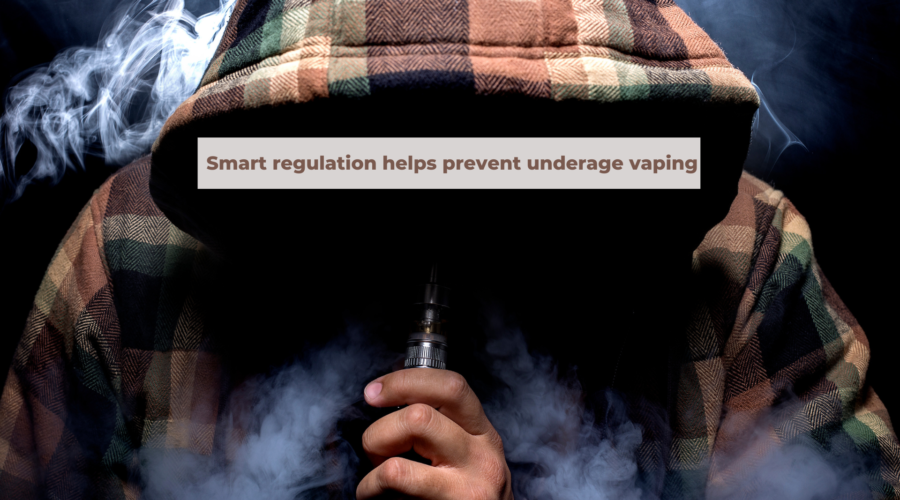Exemption of Vape Liquid with Nicotine from Poisons Act a Positive Sign towards Vape Regulations
KUALA LUMPUR, 30th March 2023 – The Consumer Choice Center (CCC) expresses its
support for the Government in its move to exempt vape liquid with nicotine from the Poisons
Act, adding that this would pave way for vape liquids containing nicotine to be regulated
appropriately instead of being subject to the Poisons Act that is unsuitable for vaping
products.
Malaysian Consumer Choice Center representative, Tarmizi Anuwar says: “The exemption of
vape liquids containing nicotine from the Poisons Act must be complemented with
introduction of laws or amendments to existing laws to enable the products being regulated
in a smart and coherent way. Otherwise, consumers will only continue to access unregulated
products.”
Tarmizi also said that with a smart regulatory framework, vapers will have access to
products that are compliant to standards which is a similar practice in other countries that
have regulations on vape products.
“Malaysian consumers have been accessing unregulated products for many years and a
reform is overdue. It is important to ensure the products adhere to fixed quality and safety
standards to protect consumers. In addition, regulations would also enable efforts to
prevent underage vaping which could be done through smart rules and enforcement of age
restrictions at points of sale as well as use of modern age verification technology for online
sales.”
“Access to regulated vape products also act as an impetus for smokers to switch to less
harmful alternatives. Globally, many countries are seeing a decline in smoking rates due to
vaping and with regulations, more smokers in Malaysia will stop smoking and switch to
vaping products,” said Tarmizi.
On the idea of introducing a Generational End Game (GEG) that was brought into the discussion
by the previous Health Minister, Tarmizi believes that it is difficult to implement in Malaysia
and the Government should establish an independent committee to conduct in-depth studies
as well as assessing the impact before making any decision.
“This is a big decision to be made in the current political and economic climate. In addition,
there are numerous challenges including the problem of an already existing large black
market. Instead of rushing into making this decision, the Government should establish a
comprehensive committee comprising of local and international independent public health
experts, economists, representatives of retail sectors and enforcement agencies to assess
the impact before making a decision. Other countries have been successful in lowering
smoking rates without such a heavy-handed ‘endgame’,” he concluded.










